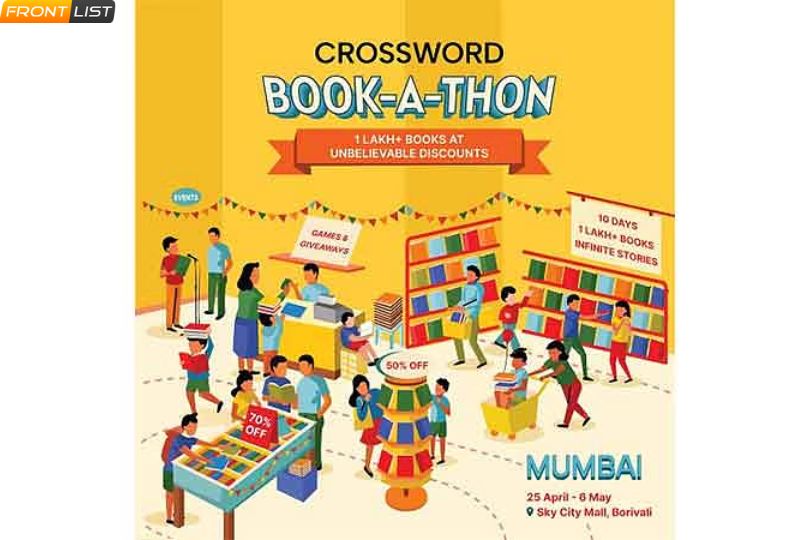Frontlist | Award-winning novel comes under fire for plagiarism
Frontlist | Award-winning novel comes under fire for plagiarismon Jan 19, 2021

A novel that won five literary awards last year has been accused of plagiarizing another award-winning novel, drawing criticism for the poor screening process in selecting winners.
Author Kim Min-jung, who won the Baekma Culture Award from Myongji University in 2018 for her short novel Ppuri, or root in English, alleged on social media last week and during a radio interview Monday that her novel was stolen by Sohn Chang-hyun who claimed to be a graduate student.
I found out Friday from an Instagram comment … He copied and pasted almost every part of my novel, and I take that as theft. To the best of my knowledge, he has won literary prizes from the Kyungbuk Ilbo and the Pocheon Literary Awards with works for which he simply changed some words from my novel; he changed 'hospital' in my novel into 'Pocheon hospital.' In the second Glory Senior Literary Award, he copied and pasted the entire work and only changed its title to 'Dream,' she said during a CBS radio interview, Monday.
Stressing that she is thinking of reporting him to the police, Kim urged literary award committees to change their poor screening systems.
I was so surprised that there were no basic screening procedures in the awards … I hope that literary awards will introduce a plagiarism check system such as universities use to check for plagiarism in theses.
She claimed that Sohn has won five awards with plagiarized work including the 16th Kim Jang-saeng Literary Award, 2020 Pocheon 38 Literary Award, the Kyungbuk Ilbo Literary Award, the second Glory Senior Literary Award and 2021 Novel Mihak Literary Award.
After the revelation, the governing bodies for the Kyungbuk Ilbo, 2021 Novel Mihak's and Kim Jang-saeng awards announced they had retracted their selection of Sohn.
Meanwhile, Sohn is accused of falsifying his personal information to win some awards. Known to be 41 years old, he lied about his age because he won the Glory Senior award, which is only given to those aged over 49. He was unreachable for comment.
This is not the first time that literature awards have been caught up in controversy, which some say is a reflection of the closed nature of literary circles.
Last year, most winners of the prestigious Yi Sang Literary Awards refused to accept them, boycotting the unfair terms of the publication contracts for the winners. Munhaksasang, the operator of the award, added a clause that the winners were obliged to transfer their winning works' copyrights to the organizer for three years. As the boycotts continued, the organizer removed the problematic clause.
Also, last year, openly gay author Kim Bong-gon won the Young Author of the Year Award for his auto-fiction Summer, Speed about his sexual identity. However, featured private chats of acquaintances without their consent in the work, even disclosing their sexual orientations. As it made headlines for breaching privacy, the organizer of the award announced that it stripped him of the prize, and his publishers decided to recall the book.
The literary community is very small and conservative. And no one really knows how assessing literary awards are conducted. Also, systematically, it is very hard to complain about the awards because literary aspirants, in particular, are in a weak position as they are regarded as authors only after winning an award, an insider at a publication company said.
Source: The Korea Times
Author Kim Min-jung
Award Winning Novel News
Plagiarism In Publishing Industry
Plagiarism In Publishing Industry News Frontlist
Publishing Industry News Frontlist



.jpg)






.jpg)

.jpg)
.jpg)
.jpg)

.jpg)
.jpg)










Sorry! No comment found for this post.